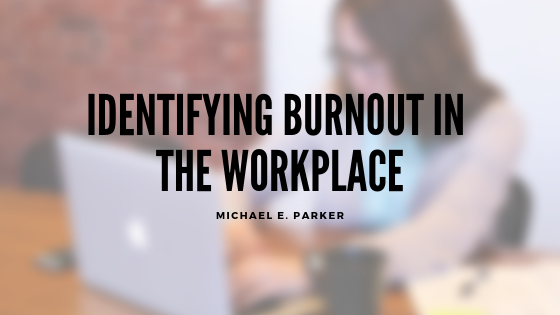Burnout is an unfortunate side effect of dedicating one too many hours to your career that nearly every working individual experiences at one point or another. Pushing yourself beyond your limits is hardly ever recommended in a business setting when that translates to increased levels of stress. To avoid burnout altogether, know the signs and understand how to combat these negative feelings and habits actively.
Seek Assistance
No man is an island. Overcoming burnout often requires an outside perspective to see how or why someone may be falling behind. There is no shame in reaching out and seeking help from a trusted friend or colleague. Explain to them what you need and what you are currently experiencing. It’s best to take a step back and analyze the situation for what it is, which almost always benefits from an extra pair of eyes.
Prioritize
One of the most common reasons why an employee may experience burnout is an increased workload. When there are seemingly endless tasks to complete in a given day, it’s easy to lose sight of what’s most important. Take one thing at a time and prioritize your work. This can be done by simply writing down a list of which tasks have deadlines, which you expect to be the most time consuming, and which can afford to wait another day or two. This is an excellent strategy for resetting and regrouping.
Take Advantage of Breaks
Nearly everyone you consult about burnout will tell you to take a break, and while this may seem like a lazy suggestion, it’s one that is actually very beneficial. A tell-tale sign of burnout is losing the drive to complete tasks that once excited you. When you start to feel that drop in energy, seek out sources of personal inspiration. Take a break and spend some time doing things you love. That newfound rejuvenation can quickly carry over into your work ethic.
Separate Your Work and Home Life
This is something that is much easier said than done, as letting your career invade your personal life can slowly start to happen without even realizing it. Your job should only be one aspect of who you are, and should, therefore, remain in the office (or another work setting) and out of your home. Allowing yourself to answer calls, emails, texts, etc. at home is an almost guaranteed way to become burnt out. Don’t be afraid to set boundaries, and, for those in leadership positions, explain the value of these boundaries to your employees.
